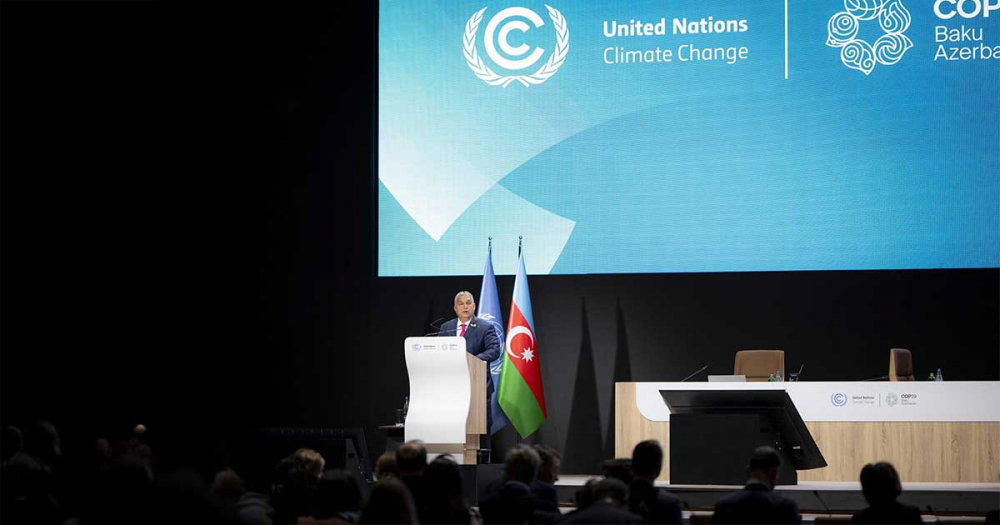The Budapest Declaration, finalized this month in Hungary, is particularly relevant because it addresses a critical challenge: balancing the economic, social, and environmental priorities of the European Union.
In the context of the European Green Deal and the broader green transition, achieving this balance is essential. None of these three pillars—economy, society, or environment—can be neglected, overshadowed, or sacrificed for the sake of the others. They must move forward together, not as competitors, but as partners.
Yet, the signs suggest we have failed to maintain this balance in the past. Allow me to share three examples to illustrate this imbalance:
- Public discontent and protestsIn recent years, even cities renowned for high living standards—Brussels, Vienna, Prague, Berlin, and Paris—have witnessed protests over rising living costs. Farmers, too, have voiced their frustration, crossing national borders to demonstrate against stringent environmental regulations. Such large-scale dissatisfaction is unprecedented and demands our attention.
- The decline of green partiesThe results of the recent European Parliamentary elections highlight a shift in public sentiment. Traditional green parties have lost approximately one-third of their seats in the Greens/EFA group in the European Parliament. Former supporters appear to have gravitated toward parties offering more pragmatic and balanced green policies.
- Economic stagnationThe EU’s economic performance is falling behind global benchmarks. In 2023 the EU’s GDP growth rate was a mere 0.4 per cent, compared to the global growth rate of 3 per cent. This stagnation underscores the need to integrate competitiveness into our sustainability agenda.
These examples paint a troubling picture of imbalance. However, the EU has seen environmental success in its reduction of greenhouse gas (GHG) emissions—from 10 per cent to 7 per cent of global emissions over the past decade. This achievement is commendable, but it raises two critical issues.
First, the EU cannot exist in isolation. It does not have its own ecosystem or climate; rather, it is part of a shared planet. Despite the EU’s reductions, global GHG concentrations continue to rise. The atmospheric concentration of CO2, measured in parts per million (ppm), has grown from 400 ppm in 2015 to around 420 ppm today. Other greenhouse gases are following a similar trajectory. All credible projections indicate that the 1.5°C and 2.0°C thresholds set by the Paris Agreement will be breached.
Second, the nature of CO2 itself presents a challenge. Carbon dioxide can persist in the atmosphere for over a century. Even if we stopped emissions entirely today, the effects of climate change would not reverse overnight—it would take generations to stabilize global temperatures.
Given these realities, the pressing question is: What should we do now?
While continuing to reduce GHG emissions, we must also prepare for the impacts of an evolving climate’
I believe the answer lies in prioritizing climate adaptation alongside mitigation. While continuing to reduce GHG emissions, we must also prepare for the impacts of an evolving climate. Economic, social, and environmental interests must be aligned to achieve this dual focus.
The EU can draw inspiration from global leaders like the United States and China. Both nations are integrating economic growth with environmental sustainability—whether through the American Inflation Reduction Act or the latest iteration of China’s Five-Year Plan. These strategies emphasize harmony between development and sustainability. The EU should adopt a similar approach.
This is the essence of the Budapest Declaration. It calls for a unified strategy that ensures economic competitiveness, social well-being, and environmental sustainability are pursued in tandem. This vision was eloquently articulated by our prime minister during his keynote at COP29 in Azerbaijan as well.
Victor Orbán urged us all to consider how we can move forward together—balancing these three pillars not just in theory, but in practice. By doing so, we can secure a sustainable future for the EU and its citizens.
Gergely Kitta is a former lecturer of Corvinus University of Budapest in political communication. His fields of interest and activity are strategy building, communication, and policy-making. Currently, he is the head of strategy and communication at the Climate Policy Institute and the head of think tanks operating under the aegis of Mathias Corvinus Collegium (MCC).




